They may be tiny, but they are a powerhouse of nutrition. They are nutty, crunchy, and delicious, providing you with all the essential vitamins and minerals that strengthen your immunity. Of course, each seed has its own unique qualities or superpower, and when consumed with other seeds, boost your immunity and give you the right nourishment you need. And while there are many seeds that you can include in your diet, if you’re wondering where to start, these six seeds are a must-have in every pantry:
1. Chia Seeds
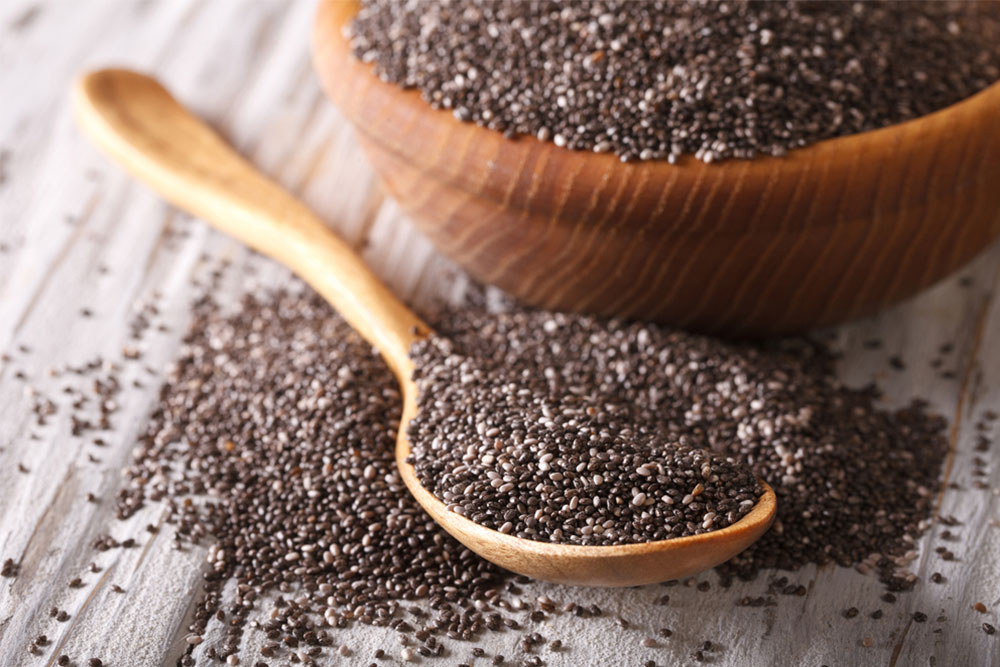
Chia seeds have a soft, creamy texture and are considered one of the most popular superfoods. They are rich in calcium, are a good source of omega-3 fatty acids, and are effective in lowering blood sugar. Thanks to their health benefits, you will see them being used in salads, smoothies, and even desserts. They may also be effective in lowering the risks of heart diseases.
2. Flax Seeds
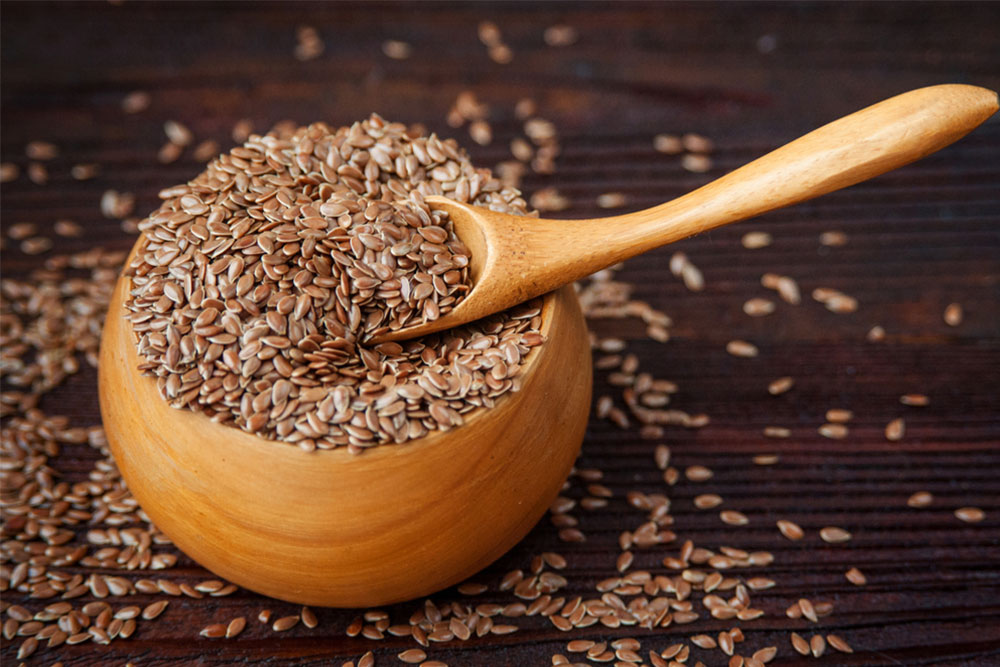
They have gained massive popularity over the last couple of years, as a very nutritious source of Omega-3 fatty acids, mucilage, and lignans. These three nutrients are effective in reducing disease-causing inflammation. Lignans are similar to the female sex hormones, oestrogen. You can also find an adequate source of fibre in flax seeds. Among other health benefits, flax seeds may reduce the risks of heart disease and cancer, and may reduce blood sugar levels, which in turn lowers the risk of diabetes.
3. Quinoa
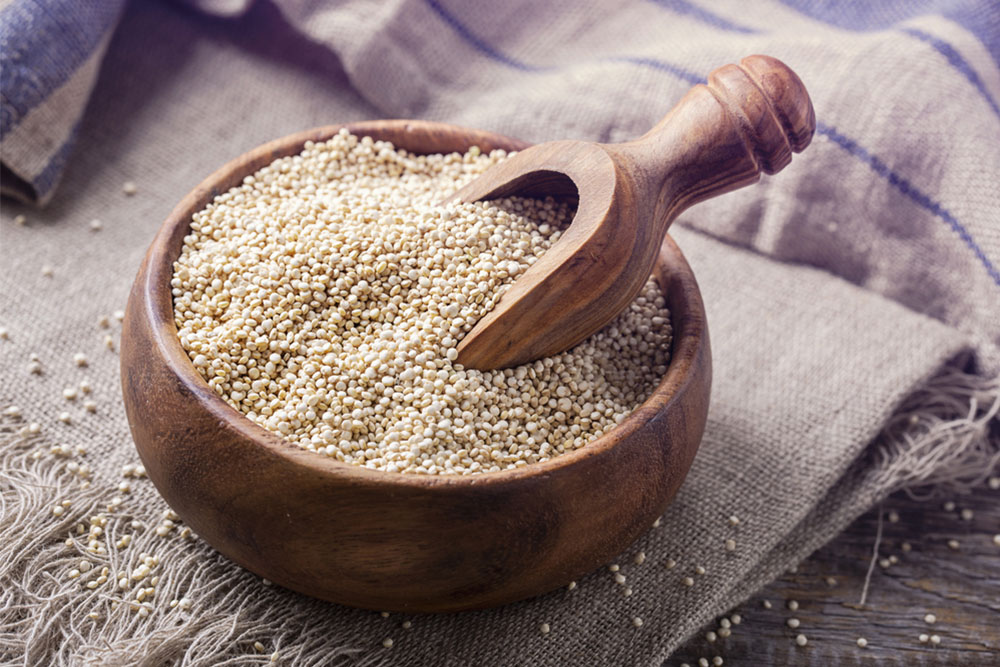
Quinoa has a remarkably high protein content, along with amino acids, and vitamin E. It also contains an antioxidant called quercetin, and works well as a substitute for grains or pasta. Quinoa also makes a healthy gluten-free bread, and can be eaten for breakfast instead of oatmeal or cereals.
4. Sesame Seeds
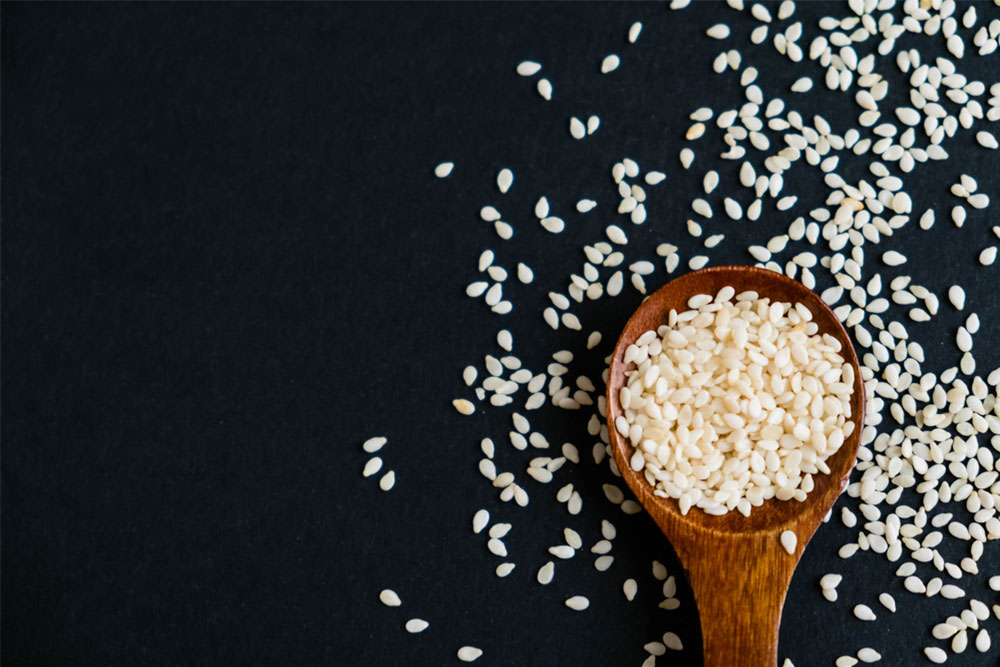
Sesame seeds are perhaps the tastiest of the lot, and can be used in both sweet and savoury dishes. They are an important source of phytonutrients, antioxidants, vitamins, and dietary fibre. They are also high in Omega-6 fatty acids that help to control bad cholesterol, giving you a healthier heart. Like flax seeds, sesame seeds are also a good source of lignans, which help in regulating oestrogen, the female sex hormone. Sesame seeds may also help reduce inflammation and reduce oxidative stress, which is caused when your diet is full of processed foods and high in fats and sugar, thus affecting your metabolism. Moreover, sesame acts as a substitute nut for those with food allergies. You can sprinkle sesame seeds on salads, or on stir-fried dishes as an added crunch.
5. Sunflower Seeds
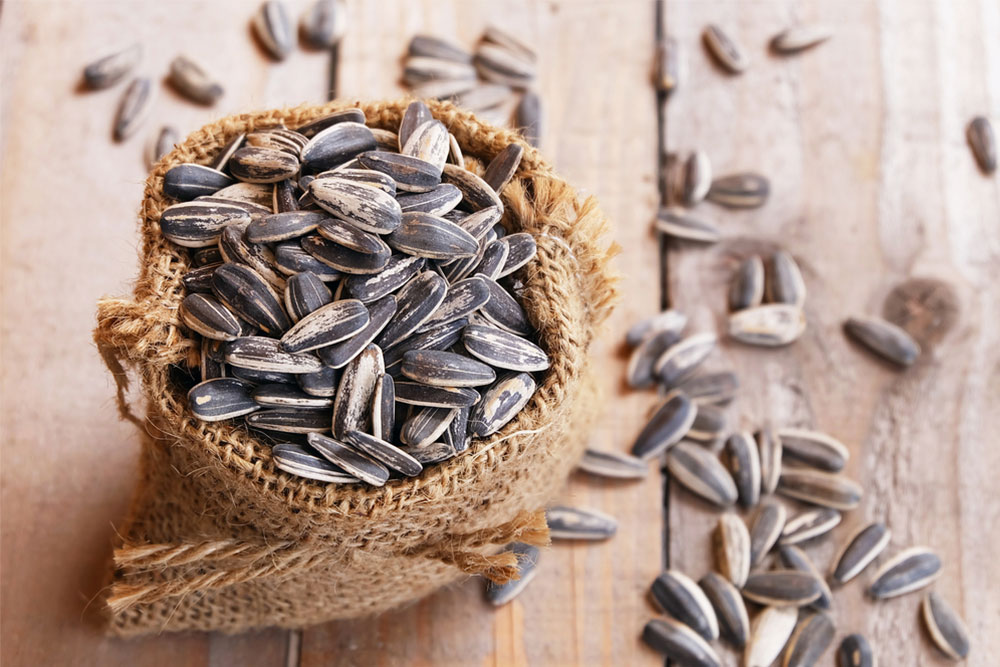
Sunflower seeds are black-brown in colour and need to be de-shelled before eating. They are rich in vitamin B-1, copper, and vitamin E, antioxidants, protein, and fibre. They may be associated with reduced inflammation in middle-aged and older people, which may help reduce the risk of heart disease. Aside from salad toppings, you can add sunflower seeds to muffins or bread recipes, in vegetable dishes and stir-fries, into trail mixes, and in cereals and yoghurt. It is recommended to de-shell and soak the sunflower seeds in water for about seven hours before consuming them, as it makes them easier to digest.
6. Pumpkin Seeds
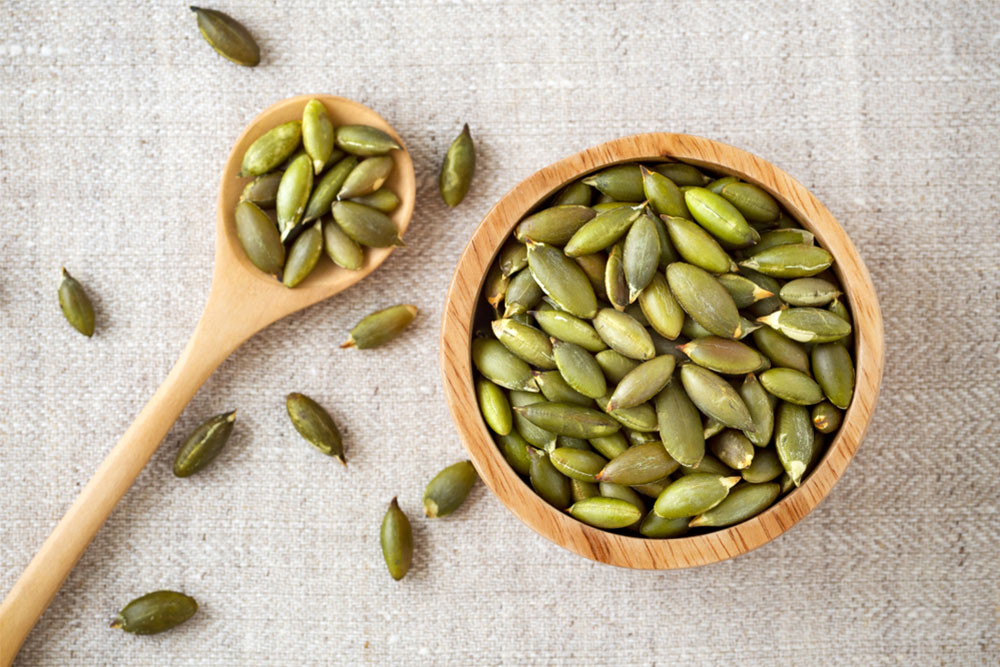
A fall-favourite, pumpkin has been widely popular not just for its nutrients, but also as a decorative item, especially in the West. Pumpkin seeds boast of a very nutritious profile. They are a great source of iron and minerals, which help you in keeping your energy levels up. Pumpkin seeds also contain a plant compound, phytosterols, which may help lower blood cholesterol levels. These too, need to be deshelled and soaked in water for about seven hours before consumption, just like you would with sunflower seeds. Doing this removes the enzymes and aids in easier digestion.